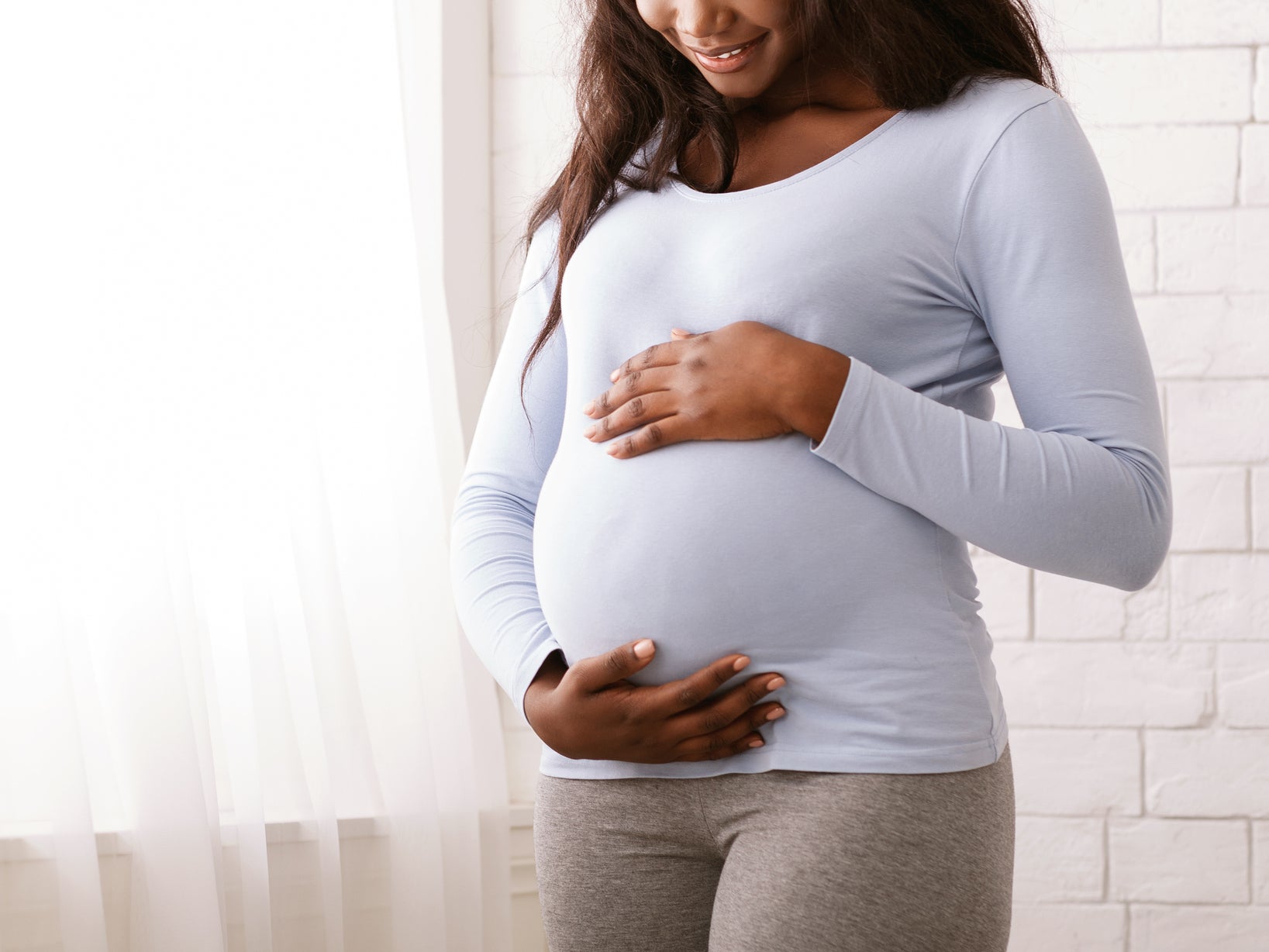Proposals to induce labour earlier in pregnant ethnic minority women ‘are racist and discriminatory’
Draft Nice guidelines risk ‘singling out’ women based on the colour of their skin, say doctors and midwives

Plans to recommend early induction of labour in ethnic minority women are not based on evidence and may be discriminatory, health professionals and campaigners have warned.
Draft guidelines drawn up by National Institute for Health and Care Excellence (Nice) suggest induction should be considered at 39 weeks for pregnant women who are over 35, classed as obese, or have a black, Asian or minority ethnic family background.
The committee behind the proposal said it was "in their knowledge and experience" that the above groups "were at a higher risk of adverse events".
Black women are four times more likely than white women to die in pregnancy or childbirth in the UK, while women from Asian ethnic backgrounds are at twice the risk, according to a report published by the Joint Committee on Human Rights.
While Nice stressed that pregnant women make the final decision whether or not to have their labour induced, campaigners argue that the guidance does not take into account the experiences of many who feel pressured into following recommendations from medical professionals.
Responding to the guidelines, Birthrights, a charity founded by a human rights barrister, said: "We have heard numerous examples of black and brown women not being offered any choice at all, having their choices denied or consent overridden, and being ignored or dismissed when they raised questions or concerns about care".
The organisation also pointed to the lack of evidence that earlier induction improves outcomes in the cases of black and brown women.
Chief executive Amy Gibbs said "routine induction is not the answer" and added: “Singling out particular groups for different treatment without evidence that it improves outcomes is racist and discriminatory.”
The Royal College of Midwives also raised concerns that the proposal was not evidence-based and argued that initiatives such as training and support to reduce racial inequality would be more effective.
"Black, Asian, mixed, and ethnic minority women face a constellation of biases when accessing maternity services, often experiencing poorer quality of care and lower satisfaction," the RCM said in a statement.
"Introducing an intervention that is singling out women on ethnicity alone, when there are likely to be large differences in health status and values within the group could itself be considered discriminatory."
Amali Lokugamage, a consultant obstetrician and gynaecologist Whittington Health NHS Trust in London, strongly objected to the draft guidelines. "There is the danger of racially profiling women into having more interventions than white women," she said. "There can be good reasons for induction of labour such as severe pre-eclampsia but being a different skin tone has no evidence."
The draft guidelines recommend that those not in the “higher-risk groups”, such as white women with otherwise uncomplicated pregnancies, should be offered induction of labour at 41 weeks.
A six-week consultation period ended on 6 July and Nice are expecting to publish the final guidance on inducting labour on 14 October.
Nice said in a statement: “Healthcare professionals must discuss the risks and benefits of induced labour with the woman and take her preferences into account. They should respect and support her decision if she chooses not to have labour induced.
"It is clear there are still significant health inequalities in maternity outcomes which need to be addressed, and we hope the final recommendations will go some way towards doing that."
Subscribe to Independent Premium to bookmark this article
Want to bookmark your favourite articles and stories to read or reference later? Start your Independent Premium subscription today.

Join our commenting forum
Join thought-provoking conversations, follow other Independent readers and see their replies